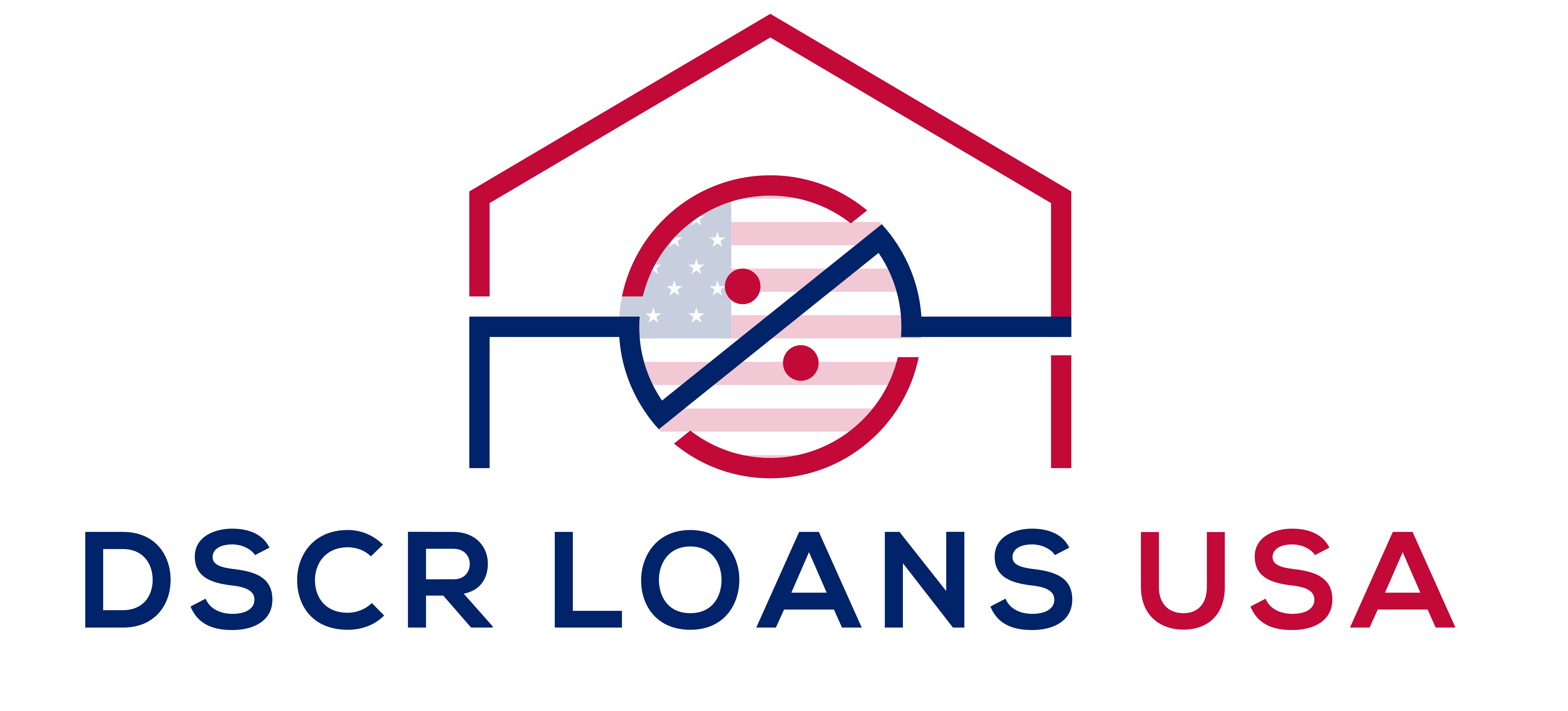Hello, fellow investors!
Have you noticed the recent surge in mortgage rates? This uptick is more than a slight adjustment—directly impacting our investment decisions and strategies.
Let’s unpack the current situation and find ways to navigate these high rates effectively.
Ready? Let’s dive in…
Current Landscape of Mortgage Rates
As of the latest reports, 30-year fixed-rate mortgages are averaging at 7.17%, a significant rise from last year’s 6.43%.
Shorter-term, 15-year rates are also up, currently averaging 6.44%. These aren’t just numbers but crucial indicators of the market’s direction.
Impact of Higher Mortgage Rates on Investment Properties
For those of us dealing with investment properties, expect to pay about 0.50% to 0.75% more than the rates for primary residences. This means we’re looking at rates that could easily exceed 8% for investment properties. It’s a tough pill to swallow, impacting both our monthly payments and overall investment yield.
Factors Influencing Investment Property Rates
Why the premium on investment properties? Simply put, these loans carry more risk. If financial strain hits, statistics show investors are more likely to default on rental properties than their own homes. Lenders cover this risk by upping the rates.
Strategies for Mitigating the Impact of High Rates
When faced with high mortgage rates, you don’t have to sit back and accept the status quo. Here’s how I approach these challenges to keep my investments profitable:
Shopping Smart: I always remind myself: never settle on the first financing offer. Lender rates can vary dramatically, and spending some time on comparison shopping can uncover significantly better terms. With rates on the rise, it’s more crucial than ever to ensure you’re getting the best deal possible.
Boosting Credit Scores: Here’s a straightforward truth—lenders love a solid credit score. It signals that you’re a low-risk borrower. I make it a point to manage my credit diligently because a higher score can secure lower interest rates. Simple actions like paying bills on time, reducing debt, and correcting any credit report errors can improve your score and therefore your terms.
Increasing Down Payments: It might sound challenging, but putting more money down can lead to substantial savings. Higher down payments reduce the lender’s risk, often resulting in better interest rates for you. Whenever possible, I look at the numbers to see if a larger down payment could mean lower overall costs through reduced interest payments over time.
Each of these strategies requires some foresight and financial discipline, but the effort can significantly diminish the impact of high mortgage rates on your real estate investments.
Alternative Financing Options
Not thrilled with traditional financing? You’re not alone. Many investors are looking beyond the conventional routes to finance their real estate investments, especially in a market where traditional mortgage rates are less appealing.
Let’s explore some of these alternatives:
HELOC (Home Equity Line of Credit): If you already own property, a HELOC allows you to tap into your existing home’s equity to fund new investments. It’s flexible and can be used as you need it, but remember, it secures your loan against your home, which can be risky if the market turns.
Bridge Loans: Ideal for investors looking to flip properties or those who need to act quickly on a purchase. Bridge loans offer fast funding and are typically short-term. However, they come with higher interest rates and fees, reflecting their convenience and short duration.
DSCR Loans (Debt Service Coverage Ratio): A DSCR loan might be your ticket if your strategy involves rental properties. Lenders evaluate the property’s income potential versus its debt obligations. A ratio of 1.0 or higher is usually required, meaning the property generates enough income to cover its debts. The appeal here is that your income is less of a factor, which can be beneficial if you’re fully invested in real estate or are trying to finance multiple properties.
Hard Money Loans: These are another quick-funding option, generally used for short-term needs and often favored by house flippers and developers. Hard money loans are secured by the property itself, not your creditworthiness. Expect higher interest rates and shorter payback periods, which reflect the higher risk the lender takes.
Related: DSCR Loans vs. Conventional Loans
Each option has its specific use case, advantages, and drawbacks. Your choice will depend on your investment strategy, risk tolerance, and the particular circumstances of the property or deal you are considering.
Long-Term Outlook and Tactical Moves
The consensus among experts?
High rates may stick around for a bit.
My strategy?
We must be flexible and responsive. We might need to hold properties longer than planned or adjust rent prices to reflect these new economic realities.
Looking Ahead into 2025
Rates are up, and they might stay that way for a while. We must understand these trends, adapt our strategies, and continue to make savvy investment choices.
If you’re unsure about the best move in the current market, it might be time to talk to a financial advisor or mortgage specialist. Always stay informed and ready to pivot. Let’s keep pushing forward, no matter the market conditions.
Ready for More Great Tips and Information? Join Our Email List Today!


Leave a Reply